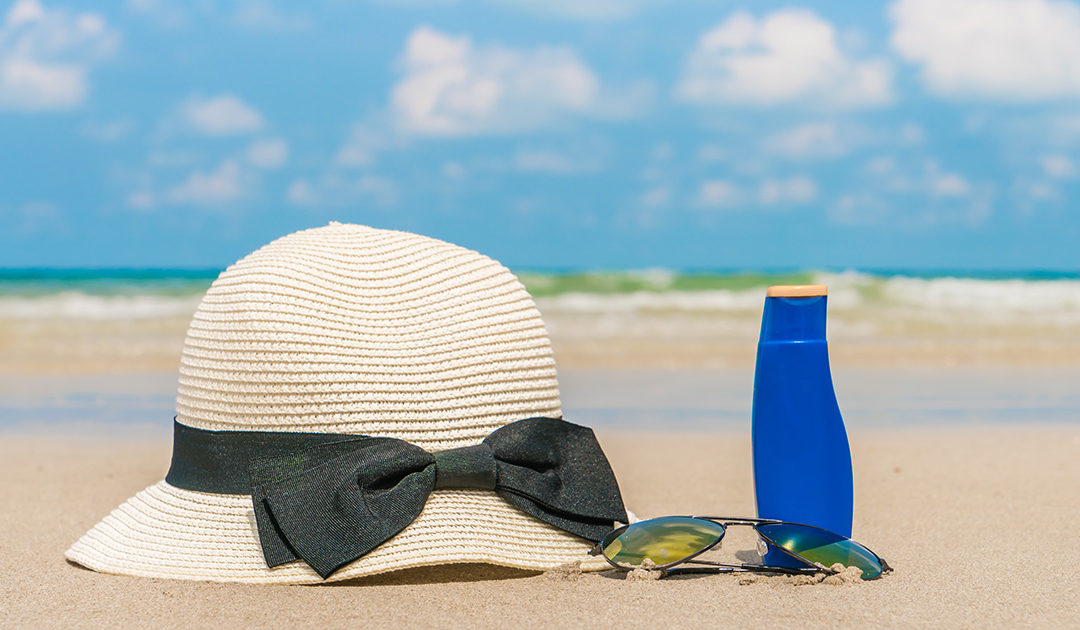As we head into the holiday season and seek wide open spaces for social distancing, please take precautions against harmful UV radiation. After Australia, South Africa has the most incidents of skin cancer in the world and about 20 000 cases are reported EACH year. The best way to avoid becoming a statistic is through avoidance, starting with dispelling some myths.
The following statements are myths, completely false!
- The sun is only dangerous in summer or on a hot day.
- Sunscreen will protect you completely from the harmful effects of the sun’s rays.
- 0ne or two cases of sunburn will not result in skin cancer.
- People with darker skins are not at risk of getting skin cancer.
- A little bit of exposure will cause no harm.
- Sunbeds are a safe alternative to obtaining a tan.
The real truth is that there is no such thing as a healthy tan.
For example, sun beds were classified as cancer-causing as far back as 2009. And exposure to the sun of just 15 minutes can present as skin cancer many years later.
How do you protect yourself against UV radiation?
As much as we religiously apply social distancing, sanitising and the wearing of masks as precautions against COVID-19, the following measures are relevant in managing the risk of UV radiation:
- Apply medically approved sunscreen
- Slip on loose, covering clothing.
- Wear a hat.
- Seek the shade.
- Use appropriate sunglasses.
- Keep out of the sun.
- Stay far away from sun beds.
What are the signs of skin cancer?
There are various forms of skin cancer, not all presenting in areas exposed to the sun. See your GP if you notice any changes to your skin. It is unwise to self-diagnose through Google as not all skin changes are caused by skin cancer.
Let’s get out into those wide open spaces over the holidays but remember that while the sun signals life, warmth and happiness, its harmful UV radiation can be deadly.

